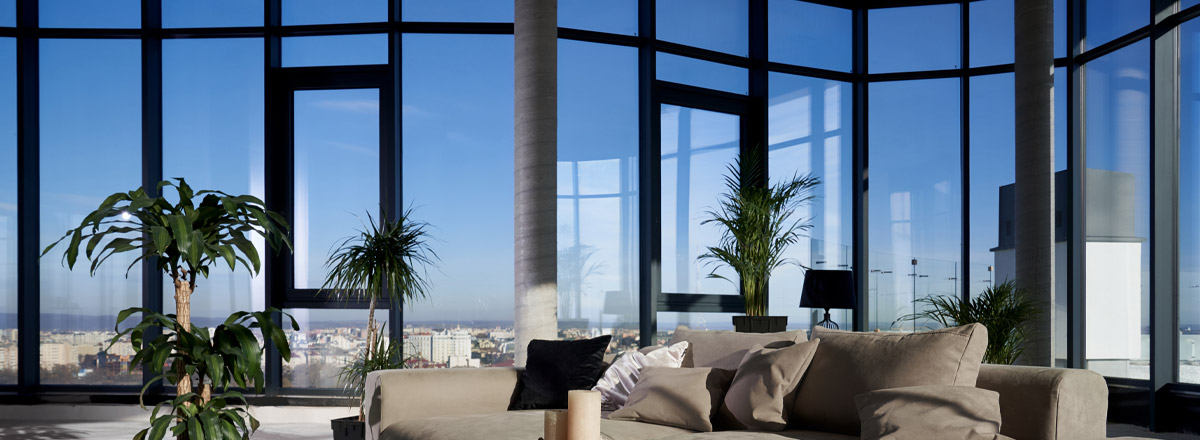

Finding The Right Balance Between Open And Fixed Windows For Your Home
When we think of windows, a lot of characteristics come into minds such as the style, color, shape, and size, but what about whether or not the windows open or are fixed? If you’re building a house or renovating, you may wonder which is the best option for you. A healthy mix of the two is optimal if your space allows it. But which ones should open and which should be fixed? We’ll help make your decision easier so you’ll start your window renovation project with the confidence that you’re making the right decision.
The Difference Between Fixed and Open Windows
Fixed windows are essentially just the glass or glass in a frame with the absence of a handle or any mechanism that allows them to open at all. Windows that open are plentiful in style and how they open. You can find slider windows that open either horizontally or vertically by sliding or windows that open the doors inwards, either with individual doors or several doors in one section. Up, down, side to side, are all options with operable windows while fixed windows do not open in any way.
Spaces for Fixed Windows
The advantage of fixed windows is that you can get creative with styles. For example, if you are looking for a specialty window type like a circle or a triangle, then these are typically fixed windows and do not have a mechanism to open them. This being said, you don’t always need a window that is operable in every corner of the house. You can have a circular window as a statement piece in the living room and it can be fixed. As a rule of thumb, consider fixed windows in locations of the house that don’t require ventilation, so certainly avoid having a fixed window in a stuffy room. Fixed windows are great combined with operable windows such as with a three-pane window where the middle one is fixed while the two on the side are operable. Generally, you can put one fixed window for every operable one in the same room if you don’t need maximal ventilation — it will completely suffice. We suggest putting fixed windows next to your entryway, in the attic, hallways, or as a statement window (bay window for example) in a lounge room.
Other advantages of fixed windows:
- Easier to clean due to lack of operating mechanism.
- Provide better views since they lack handles and thick frames.
- Better sealed and more energy efficient.
Spaces for Operable Windows
From awnings to casement windows to sliders, there are endless options for operable windows, but where should you place them in your home? Operable windows are best in rooms where you need ventilation: this is primarily in the kitchen, bathroom, and bedroom. Many homeowners make the mistake of not putting an operable window in the bathroom when it works wonders for ventilation and preventing condensation. While you may opt for a house with all operable windows, we don’t recommend choosing all fixed windows unless you live in a space where it isn’t possible to have open windows (penthouses or high-rise buildings). Fresh airflow along with letting out the stuffiness from a room is an advantage that not everyone appreciates until it isn’t always possible. In general, you can consider keeping the ratio of fixed to operable windows at 1:1 in most rooms of the house.
Arqa is always here to answer your questions and concerns before kick-starting a renovation project. Get in touch with us today for all of your door and window needs.